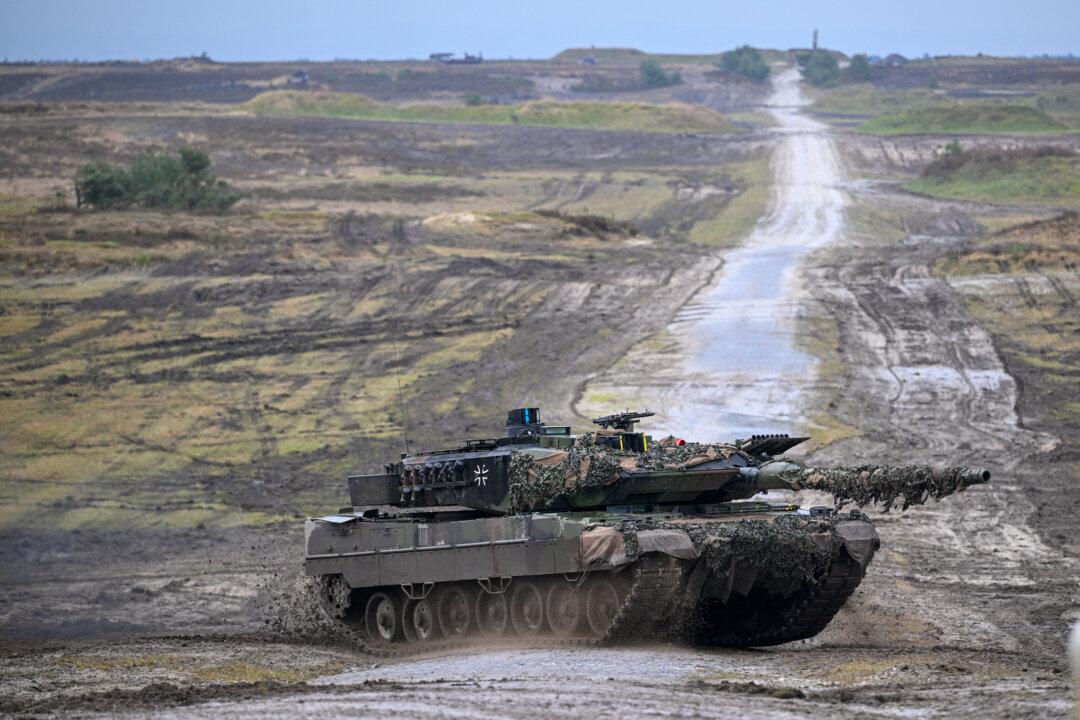Germany is seeking to greatly expand its proposed security assistance to Ukraine in 2024, according to a senior official.
While speaking before a meeting of European Union leaders on Nov. 13, German Foreign Minister Annalena Baerbock said the nation’s proposed aid funding for Ukraine would “be massively expanded next year.”




